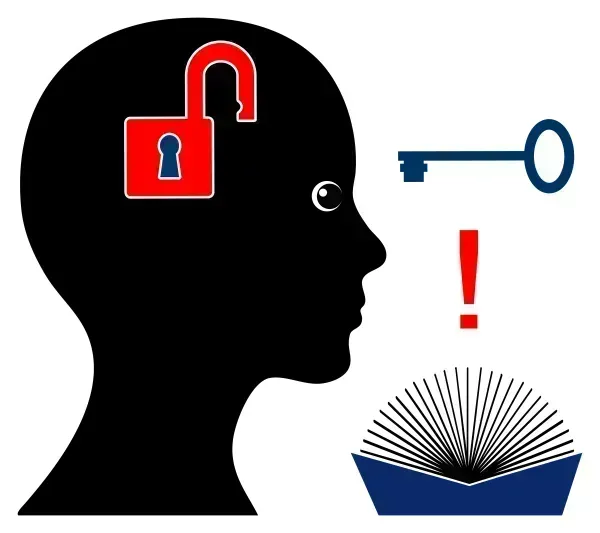Pediatric Coding Alert
Adhere to Documentation to Accurately Assign Asthma with Rhinitis
Question: I’m frequently seeing denials when coding rhinitis or nasopharyngitis with asthma. Is this against an ICD-10 guideline? Do the conditions overlap too much? AAPC Forum Participant Answer: The ICD-10 Official Guidelines do not specifically state that you can or cannot report the two conditions together. It’s generally acceptable to report asthma and a cold if the provider evaluated the patient and treated each condition during the same visit and the documentation supports both those things. However, without more information, it’s hard to say for sure why you’re seeing payers repeatedly deny claims where the provider treated both conditions. One possible reason is sequencing. For example, if a patient with chronic asthma comes in and the provider diagnoses them with a cold but also prescribes a steroid inhaler to address the asthmatic cough that’s been exacerbated by the cold, you would want to report both conditions. However, the payer will likely deny the claim unless the cold is listed as the primary reason for the encounter. The chronic asthma in this case impacts treatment like any comorbid condition. In this case, you’d report J00 (Acute nasopharyngitis [common cold]), then list J45.901 (Unspecified asthma with (acute) exacerbation) as the second code. Another possibility is the lack of documentation supporting the provider’s treatment of one or both of the conditions. So, if the patient has controlled asthma, but the provider didn’t document its relationship to anything that happened during the encounter, the payer will question the asthma code. You may also want to make sure you’re adhering to Excludes1 notes. If you’re trying to report J30.1 (Allergic rhinitis due to pollen) with J45.909 (Unspecified asthma, uncomplicated), you’ll see the Excludes1 note with J30.1 instructing you to code to J45.909 exclusively if the patient suffers allergic asthma that presents with rhinitis or bronchitis. In summary: Make sure you’re reporting the codes that most accurately represent the diagnoses and everything that happened during the encounter. When in doubt, query the provider for additional information.
Related Articles
Pediatric Coding Alert
- News You Can Use:
Take a Peek at ICD-10 2024’s Newest Z Codes
Plus: catch this updated verbiage in the section on SDoH. As a pediatric coder, you [...] - ICD-10 2024:
Reach Into ICD-10 2024 to Find 173 New Foreign Body Codes
Also: review the FBR codes to use with them. Kids love to explore the world [...] - Condition Spotlight:
Brush Up On Your Coding as Strep Season Continues
Plus: Gain insight into the benefits of observing unusual trends in your practice Though strep [...] - You Be the Coder:
Relieve Your Confusion Over Aspirin Allergy Coding
Question: I’ve been confused for a while about which ICD-10 code is appropriate for reporting an [...] - Reader Questions:
Decipher This Diaper Rash Scenario
Question: We have an infant who came in with diaper rash caused by yeast. Do I [...] - Reader Questions:
Adhere to Documentation to Accurately Assign Asthma with Rhinitis
Question: I’m frequently seeing denials when coding rhinitis or nasopharyngitis with asthma. Is this against an [...] - Reader Questions:
Know When Presenting Problems Don’t Equal Principal Diagnosis
Question: A patient presented with abdominal pain, nausea with vomiting, and diarrhea. The provider did a [...]




